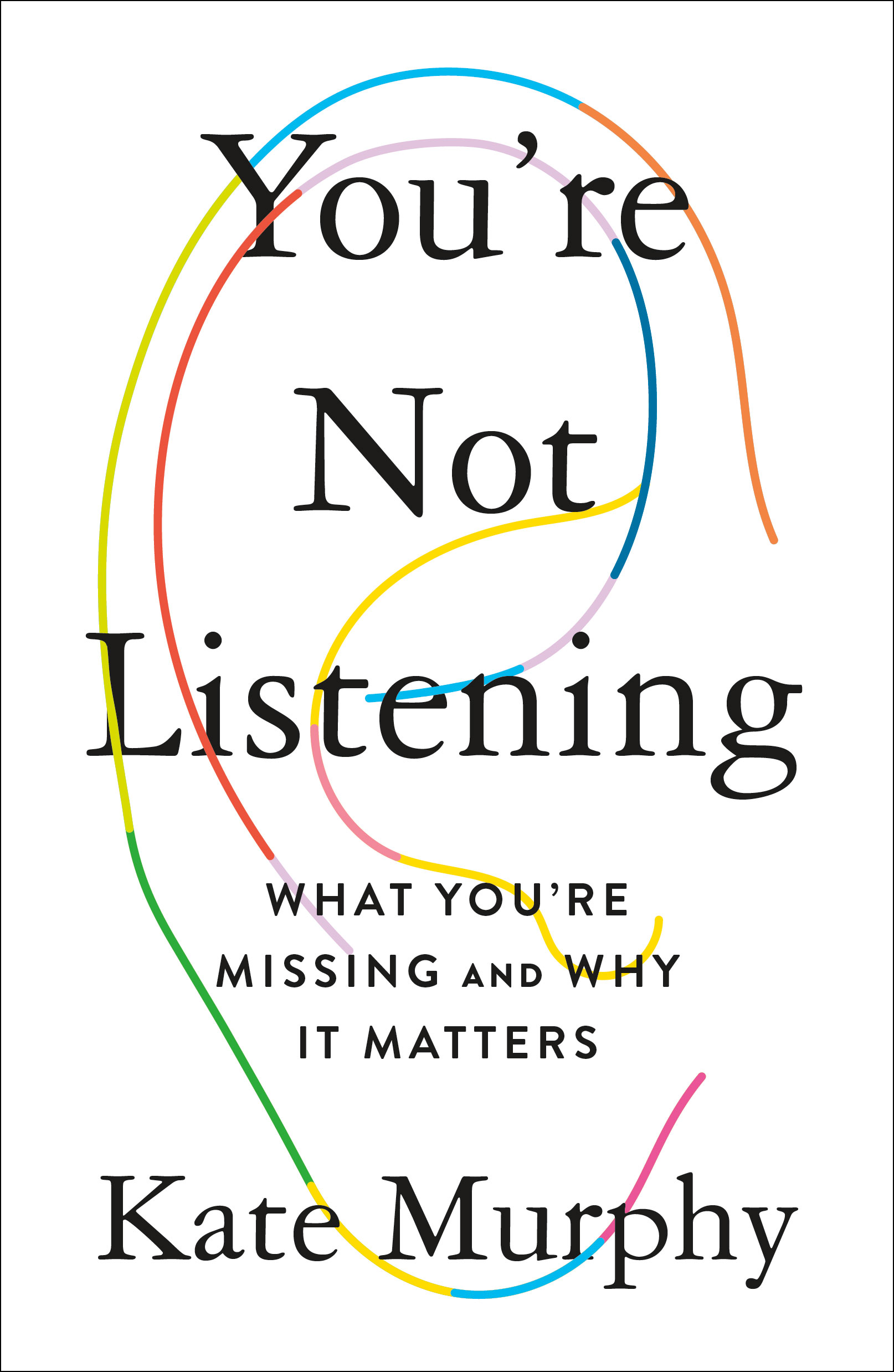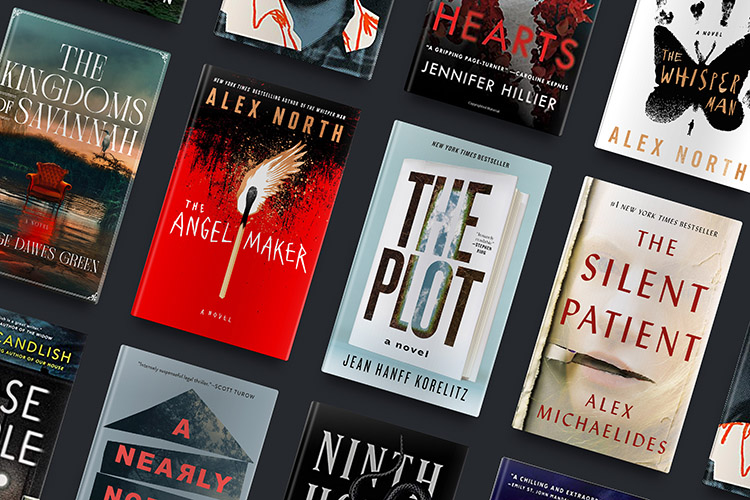For many reasons, listening is far more valuable than talking.
By Jessica Dukes
Does this scene look familiar? You’re sitting in the living room with that one relative who always seems to push your buttons, counting the seconds until they offend you, all the while practicing (in your head) what you’ll say to them in response. Or maybe you just ignore them completely despite the chill it puts in the air on what is supposed to be a festive day.
If you’re heading into the holiday season worried about how to deal with awkward or even painful family dynamics, here’s a revelation: Try listening. Kate Murphy’s You’re Not Listening: What You’re Missing and Why It Matters is a master class in how to honestly connect with others, even when it doesn’t feel worth it.
What Is Listening?
Imagine you’re talking and one person is listening. The listener probably has their mouth closed, looking at the speaker. Maybe they’re nodding or looking concerned. This seems like a good start, but listening is so much more than being quiet so that someone else can talk. In fact, in this picture there’s no guarantee that the listener is paying attention at all, distracted as they may be by their own thoughts about the conversation. When they do speak, if the first impulse is to fix whatever you’re describing, they may have heard you but they didn’t fully listen.
As Murphy emphasizes again and again, “Understanding is the goal of listening, and it takes effort.” If someone is listening with the goal of teaching, changing your opinion, or as a point from which to launch their own monologue, they’re doing it wrong.
When someone is truly listening to you, they’ll ask highly relevant questions that extend the conversation because they’ve found meaning in something you said. They often pause to consider your point, and choose their words carefully before responding. Listening also includes the non-verbal signals that you send: sighs, tone, emotion, and body language all communicate a subtext that can say as much as any vocabulary. Skilled listeners absorb all of it, and respond appropriately.
How Are Your Listening Skills?
Even though you may think you’re a naturally good listener, Murphy points out that it is said that “intuition, often called the sixth sense, is nothing more than recognition.” That is, you’re good at it because you’ve had a lot of practice. Meanwhile, study after study shows that almost everyone needs improvement. While speaking is a highly prized skill that we are taught as early as kindergarten, listening is not taught in any formal way.
Because of this, your family dynamic influences how good a listener you are. Murphy points to attachment theory as the beginning of our listening education: “It’s the idea that our ability to listen and connect with people as adults is shaped by how well our parents listened and connected with us as children.” Thus, if you were listened to and supported from an early age, you may be a better listener, and find it easier to form close, secure relationships. If not, or if you were abused, you may find your adult relationships hard to manage.
How to Listen to Family
Listening is a skill that takes practice and patience. Before you jump in though, consider how your own issues will influence what you hear as you listen to others. Murphy explains, “the lack of resonance between parent and child…leads to a cycle of disconnectedness passed down from generation to generation.” So if you feel like a family member spent years lecturing and criticizing you as a child, guess what? You’ll expect lecturing and criticizing in your adult conversations with them, too. If a family member was consistently attentive and encouraging, you’ll expect more of the same. Taking inventory of your experiences, feelings, and beliefs before talking to a certain family member ensures that you won’t be caught off guard if the conversation gets challenging.
Once the conversation begins, commit to hearing what they say. Pay attention to their story and never interrupt. In fact, you may find that by staying silent for a beat at the end of their thought, they’ll fill the uncomfortable silence, disclosing more than they intended, leading to a greater understanding between the two of you.
Ask related questions to keep the conversation flowing. Notice their tone. Did a few off-the-cuff words sound flustered? This is likely their deeper motive for talking about the topic in the first place. How is their body language, and yours? Are either of you fidgeting or looking at something else in the room? These things are distractions and as a listener, you should seek to minimize them so you can offer your full attention.
Speaking of distractions, hide your phone. Nothing says “you’re less important to me” like picking up your phone in the middle of a conversation. In general, our dependency on devices makes it difficult to connect in meaningful ways. When texting or engaging on social media, you can have tight control over how much attention you dole out, and it’s usually miniscule compared to what you would experience in a face-to-face conversation. This may feel more comfortable, but listening to others — especially loved ones — means making yourself available and even vulnerable to any topic that arises without the escape plan a smart phone provides.
When You Disagree
Simply listening to someone doesn’t mean that you agree with them; it just means that you are willing to understand them. Even if you approach a touchy conversation with curiosity and patience, the probability of an uncomfortable disagreement is real. When this happens, use a pause as a pressure valve before responding with your next question. Remember the goal: “Better to listen to how people feel than to try to convince them to feel differently. You can’t argue your way into affection, but truly listening is the surest way to form a bond.”
In any disagreement, being sensitive to emotions that arise is the key to growing this bond and building trust. But, Murphy cautions: “respect boundaries if you suspect you’ve stumbled into a touchy area. Gently change the subject and be gracious about not knowing. Intimacy can’t be forced.”
She also recognizes that there will be times that you should just stop listening, and it’s up to you to recognize that “There are people who, whenever you listen to them, you feel depressed, diminished, or distressed. You can’t listen someone out of being abusive or cruel.” Healthy relationships are the objective.
Ultimately, listening to others inspires them to listen to you, and this is how we repair fragile relationships and even build new ones.




